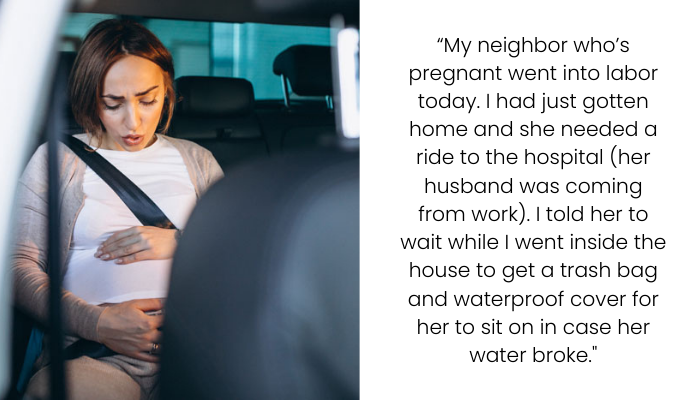Balancing Compassion and Practicality: Navigating Neighborly Assistance During Emergencies
When a neighbor went into labor unexpectedly, she sought immediate transportation to the hospital. The individual she approached agreed but took a few minutes to retrieve a trash bag and waterproof cover to protect the car seat in case her water broke. This brief delay caused tension; the neighbor was visibly upset, and her husband later expressed dissatisfaction, suggesting that immediate transport should have taken precedence over concerns about potential car damage. The individual defended the decision, citing financial constraints and the potential cost of cleaning or repairing the vehicle. This situation sparked a debate among friends and online communities about the appropriateness of prioritizing property protection over urgent medical needs.
Being kind is usually free… unless it costs you your car’s upholstery and a lecture on priorities

One netizen is reproached by a neighbor for making his laboring wife sit on a trash bag in their car in case her water broke on the way to the hospital
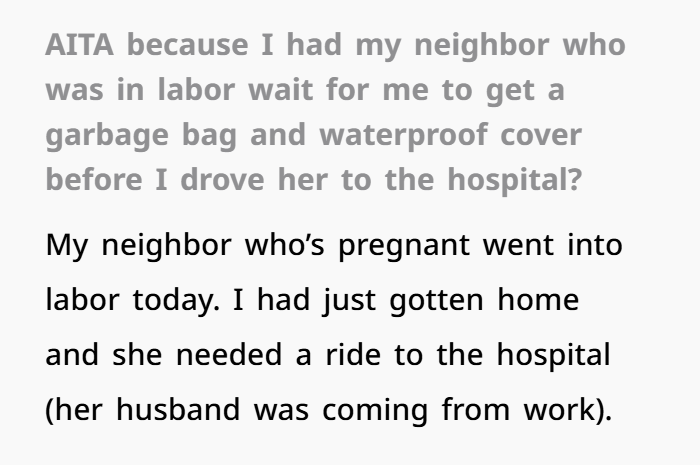
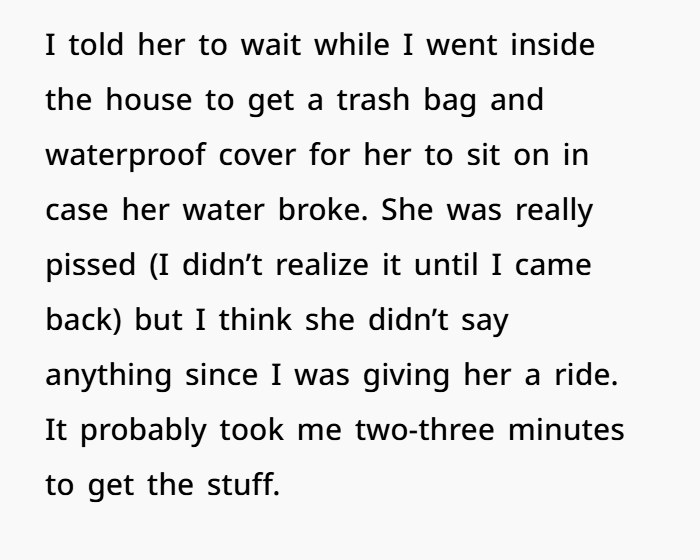
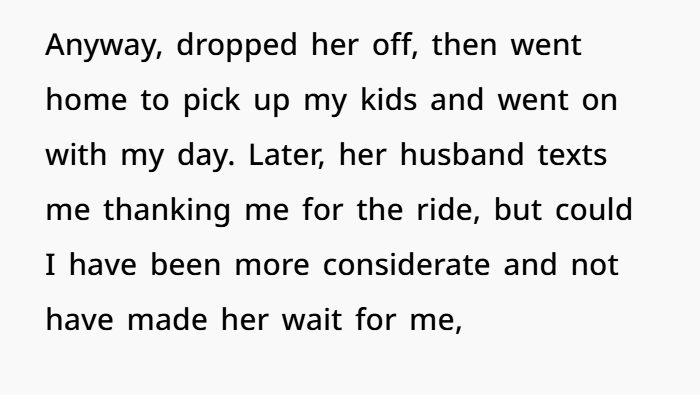
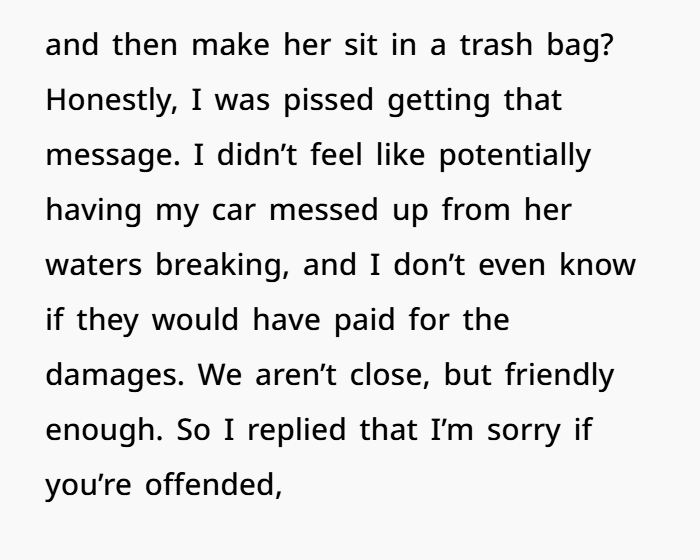
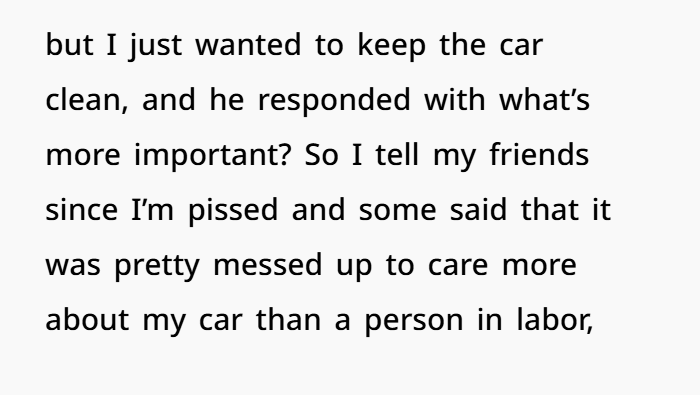
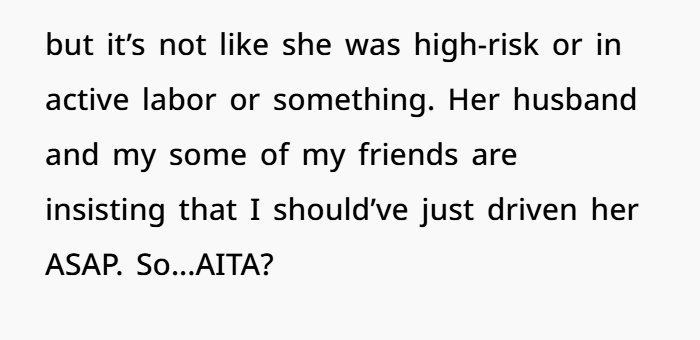
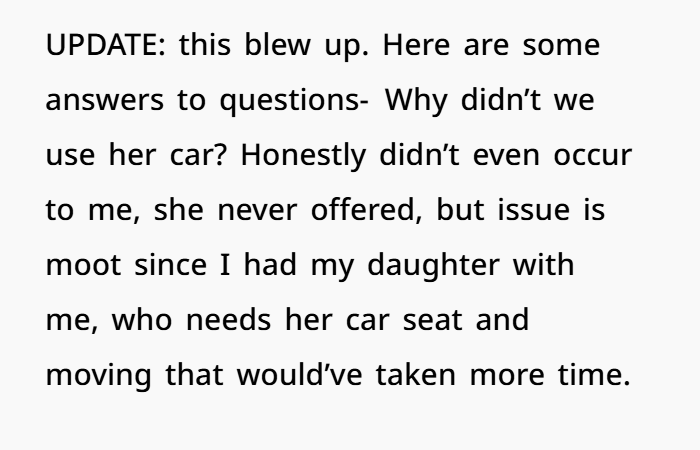

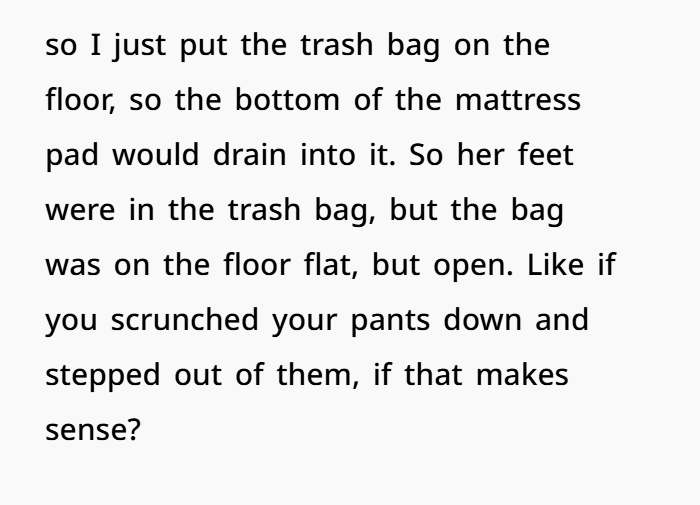
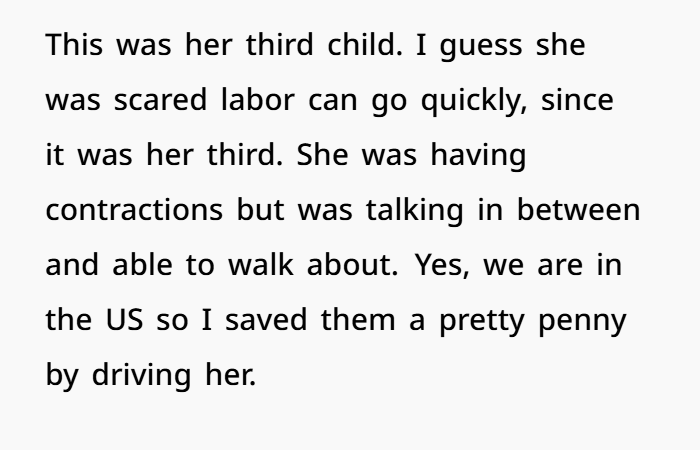
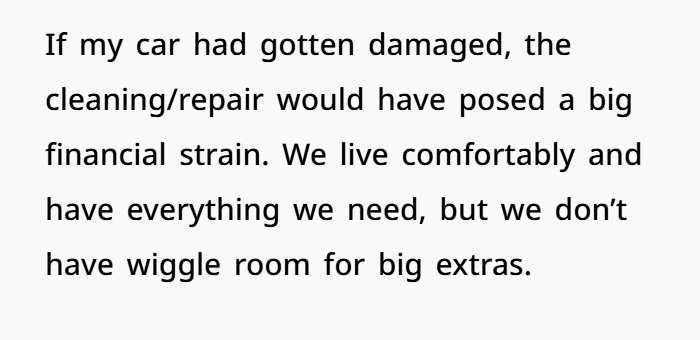
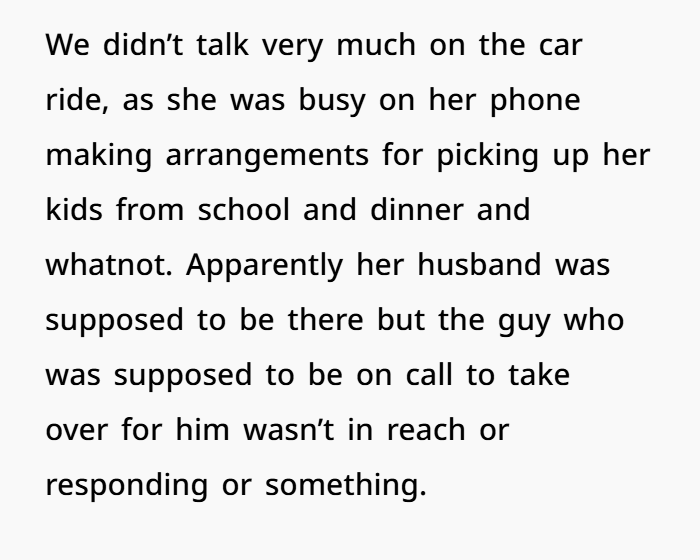
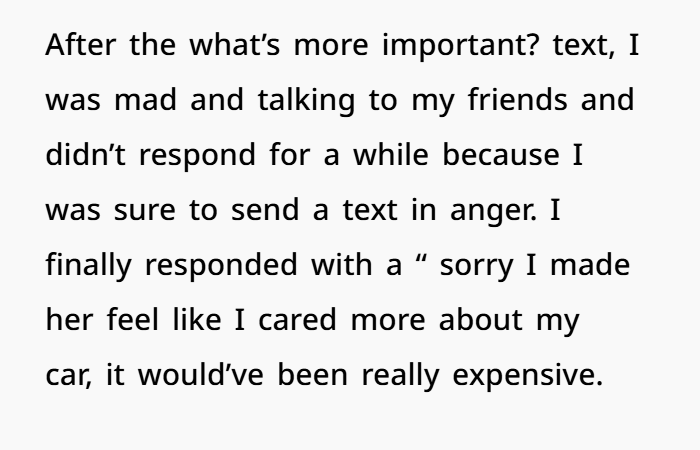
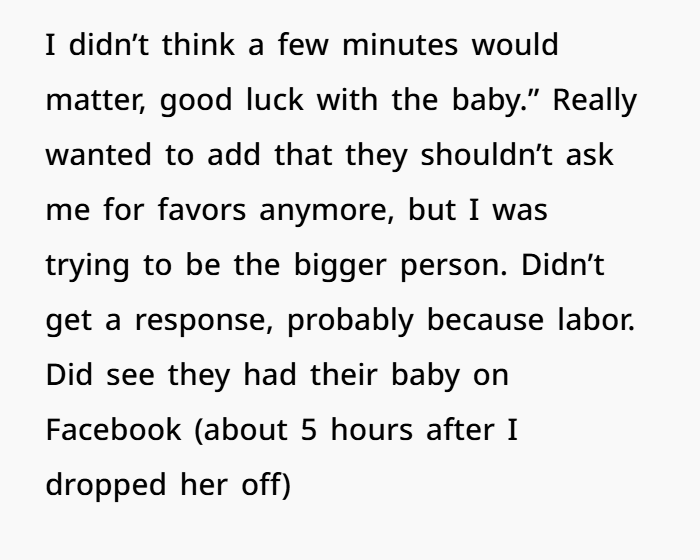

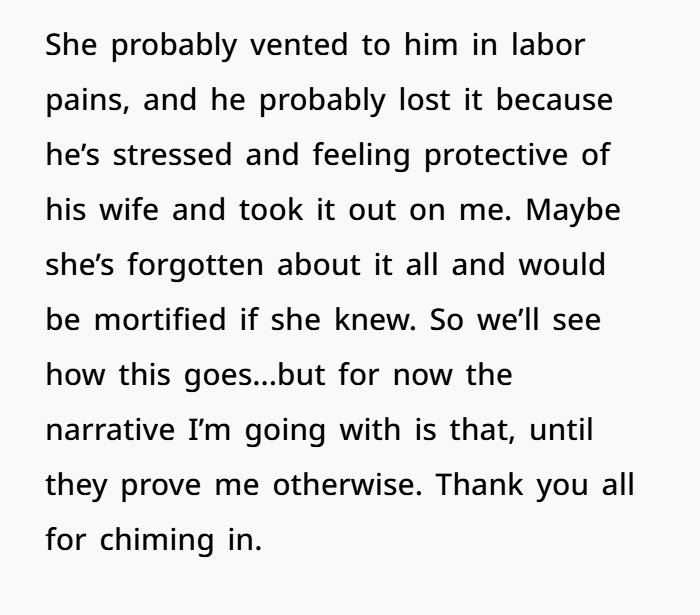
In the intricate tapestry of human interactions, moments arise that test our values, priorities, and the depth of our empathy. The account of assisting a neighbor in labor, juxtaposed against the instinct to protect one’s personal property, delves into the complexities of human nature and societal expectations.
Understanding the Dynamics of Labor and Water Breaking
Childbirth is a profound journey, marked by unpredictability and intense emotions. The rupture of membranes, commonly known as “water breaking,” can occur spontaneously, signaling the onset of labor. While many envision this event as a dramatic gush, it often presents as a slow leak. However, in certain instances, especially in multiparous women (those who have given birth before), labor can progress rapidly post-membrane rupture, making timely medical attention crucial.
Protecting Personal Property: Practical Measures
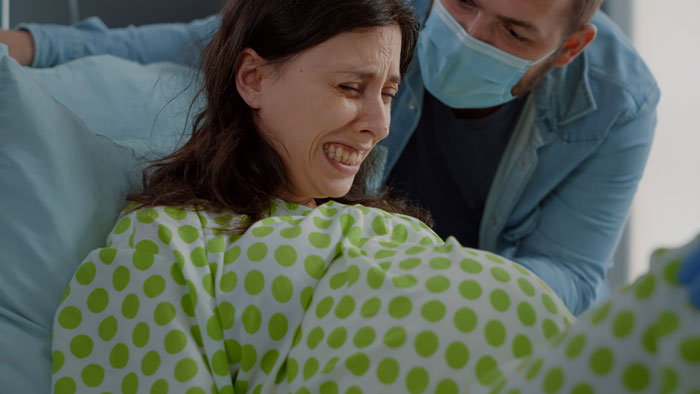
For individuals providing transportation to someone in labor, concerns about potential damage to vehicle interiors are valid. Amniotic fluid can stain and produce lingering odors. To mitigate this, many recommend placing waterproof barriers, such as plastic sheets or garbage bags, on car seats. Layering these with absorbent materials like towels can offer additional protection and comfort. Community discussions highlight various strategies, from using disposable underpads to investing in specialized waterproof seat covers.
Legal Implications and Duty of Care
Beyond the immediate practicalities, there’s a legal dimension to consider. The concept of “duty of care” implies an obligation to ensure the well-being of others when one’s actions could foreseeably cause harm. In the context of offering assistance during emergencies, this duty becomes particularly pertinent. While protecting one’s property is understandable, it should not overshadow the immediate needs of an individual in distress. Negligence, defined as the failure to take proper care in doing something, can lead to legal repercussions if harm results from inaction or delayed action.
Community Perspectives and Ethical Considerations
The digital age has ushered in platforms where individuals share experiences and seek counsel. Discussions around similar scenarios reveal a spectrum of opinions. While some emphasize the importance of empathy and swift action during emergencies, others highlight the practicality of safeguarding personal belongings. This dichotomy underscores the balance between self-interest and altruism. Ethically, when faced with emergencies, prioritizing human life and well-being aligns with societal moral standards.
Navigating Emotional Responses and Interpersonal Dynamics

Emotions run high during childbirth, not just for the expectant mother but also for those around her. Actions, even if well-intentioned, can be perceived differently under stress. Effective communication becomes paramount. Explaining one’s actions, expressing genuine concern, and seeking mutual understanding can alleviate potential tensions. It’s essential to recognize that while material possessions can often be restored or replaced, the impact of our actions on relationships and trust can have lasting effects.
Netizens side with the poster, saying they are not a jerk for protecting the car, plus the woman could have called an ambulance if it was an emergency
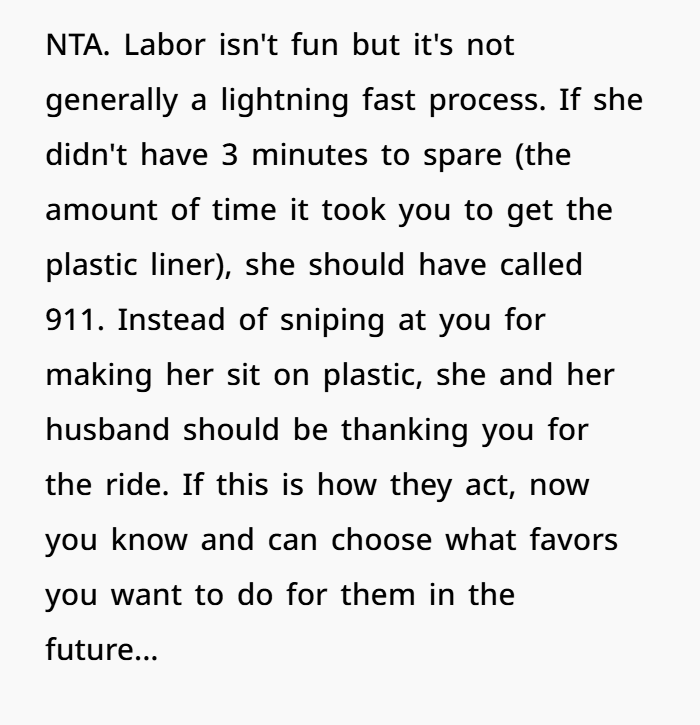
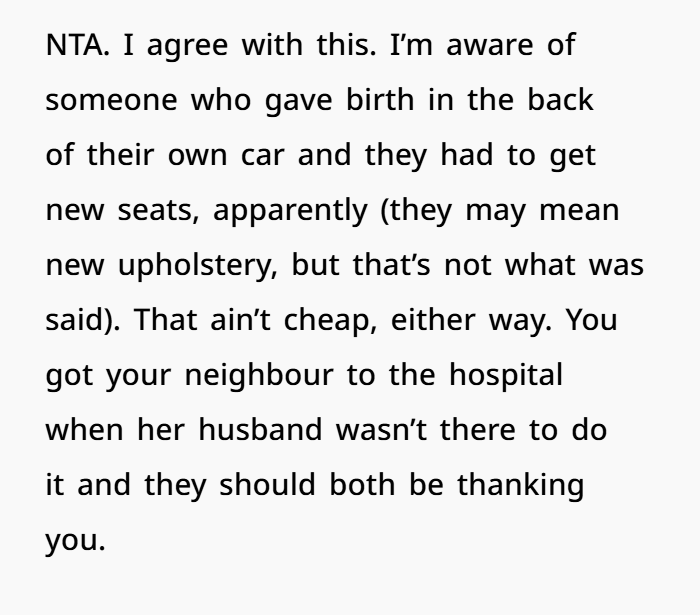
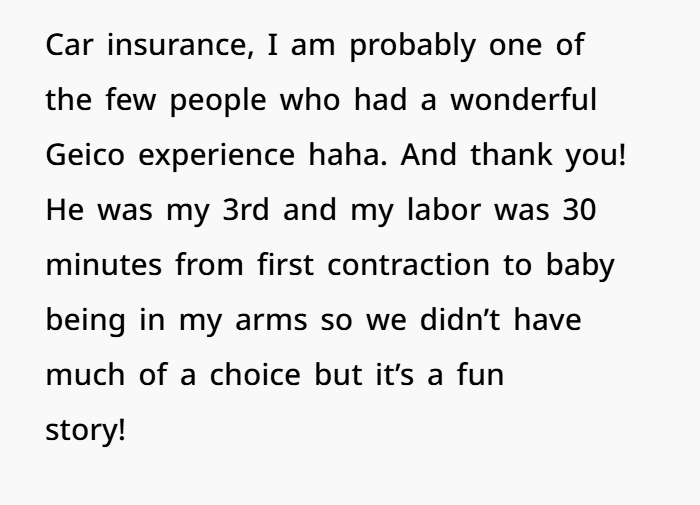
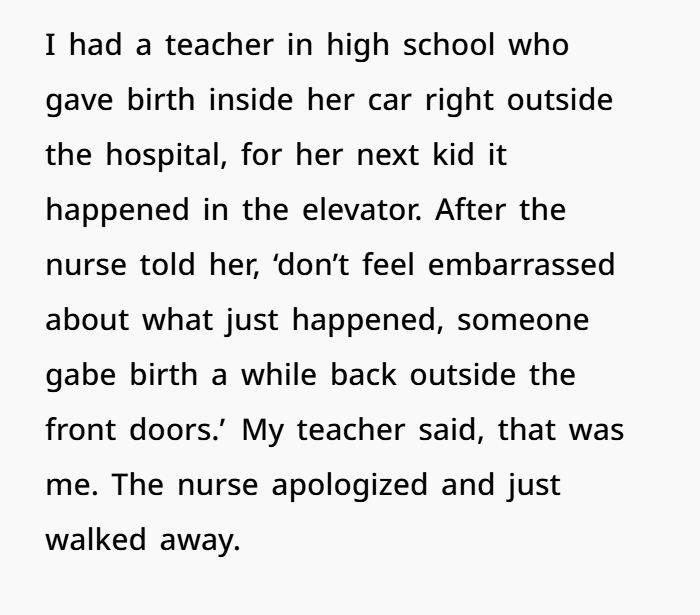
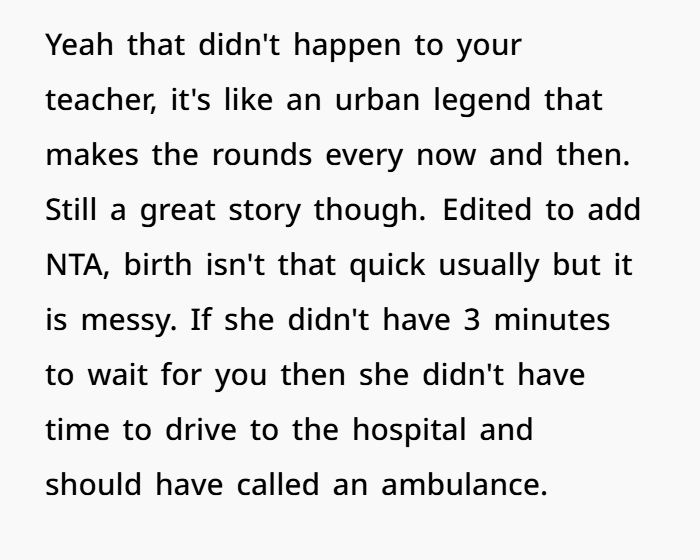
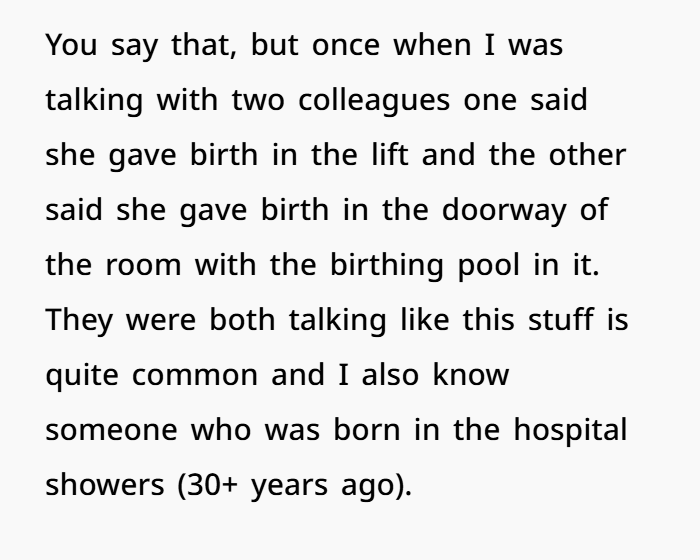
Life presents scenarios that challenge our priorities and values. The act of assisting a neighbor in labor, while grappling with concerns about personal property, encapsulates the delicate balance between self-preservation and altruism. By grounding our actions in empathy, understanding, and clear communication, we can navigate these complexities, ensuring that our decisions honor both our responsibilities and our shared humanity.

